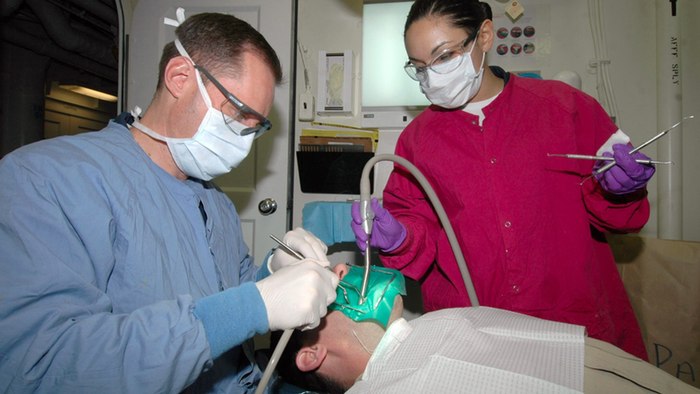You may have already heard about how the introduction of probiotic "beneficial bacteria" to the gut can aid in digestion. Now, scientists from the University of Florida are proposing doing something similar with peoples' mouths. The result could be a cavity-prevention pill.
Cavities typically form when oral bacteria cause the mouth to get too acidic. People who are resistant to tooth decay are able to neutralize that acid by breaking down urea and an amino acid known as arginine, both of which are normally present in the mouth. In particular, people who are better at breaking down arginine get fewer cavities.
According to research carried out by U Florida's Dr. Robert Burne and Dr. Marcelle Nascimento, a previously unidentified strain of Streptococcus bacteria known as A12 may be what's responsible for that arginine breakdown. In particular, A12 has been found to interfere with Streptococcus mutans, a bacteria that raises acidity levels in the mouth by metabolizing sugar into lactic acid.
The scientists have sequenced the A12 genome, and now hope to use that information to screen for people who are particularly cavity-prone. When such people are identified, bioengineered A12 could then be manually introduced.
"You would implant this probiotic in a healthy child or adult who might be at risk for developing cavities," says Burne. "However many times you have to do that – once in a lifetime or once a week, the idea is that you could prevent a decline in oral health by populating the patient with natural beneficial organisms."
Source: University of Florida
